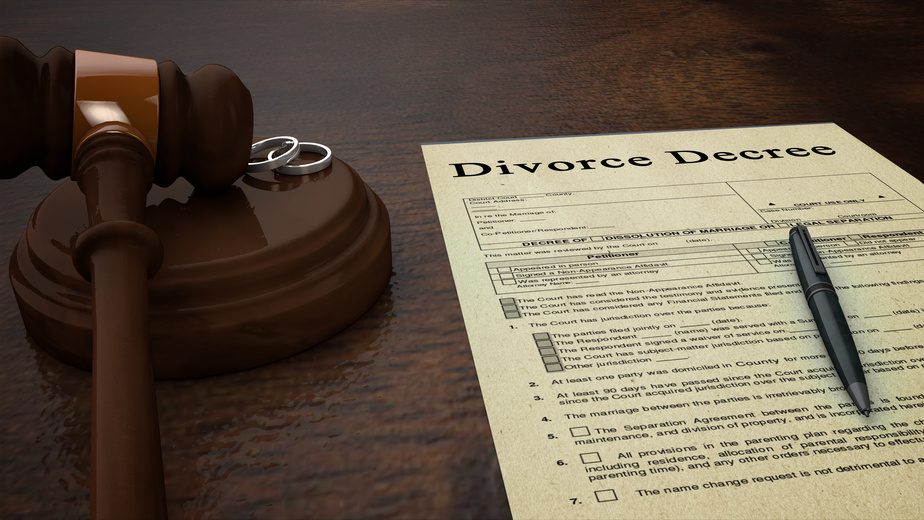
Divorce, although on the decline nationally, is still quite common in America today. However, every divorce — like every marriage — will follow its own unique path.
And that’s not just a metaphor. There are many different types of divorces that are available to modern couples. For instance, an unexpected divorce with contested child custody issues may require a long, drawn out hearing in front of a family law judge. On the other hand, many couples go through an amicable separation using divorce lawyers and mediators.
Here is a quick look at a few different types of divorce processes:
No-Fault Divorce
Before California passed the first no-fault divorce laws in 1970, there had to be at least one major fault committed by a spouse in order for a divorce to move forward (usually adultery). Now, however, a divorce can be filed without any major faults. Instead, spouses can settle their marital issues simply as a result of incompatibility.
Mediation
During mediation, couples work with a neutral divorce lawyer or mediator who helps both parties come to a mutual agreement about things like equitable distribution and other legal issues. This process is becoming more common, especially among parents who are afraid of how their divorce will affect the wellbeing of their children. More than two-thirds of couples who chose mediation reported being satisfied with the entire process.
Collaborative Divorce
A collaborative divorce happens when a couple splits amicably, without the use of aggressive attorneys or messy courtroom affairs. During a collaborative divorce, each party will hire their own divorce lawyer, but they should still be specialized attorneys who are experienced in collaborative divorce processes. This type of divorce remains amicable and stays outside of the courtroom.
Litigated Divorce
Litigated divorce is the most common type of divorce. However, litigated doesn’t necessarily mean that a divorce will end up in court. Rather, litigation is a legal term that simply means a lawsuit was filed. While litigated divorce can end up in the courtroom and involve aggressive divorce tactics, the vast majority of these divorces are simply unilateral, meaning that only one party wants to separate initially. If you’re thinking about filing for divorce from your spouse without their knowledge, then you would have to start the litigated divorce process.
But before undergoing any type of legal action, it’s important to understand what kind of situations benefit from certain legal actions. Remember: you need to fully understand your situation, the stakes, and the legal actions required before you file any form of lawsuit.

